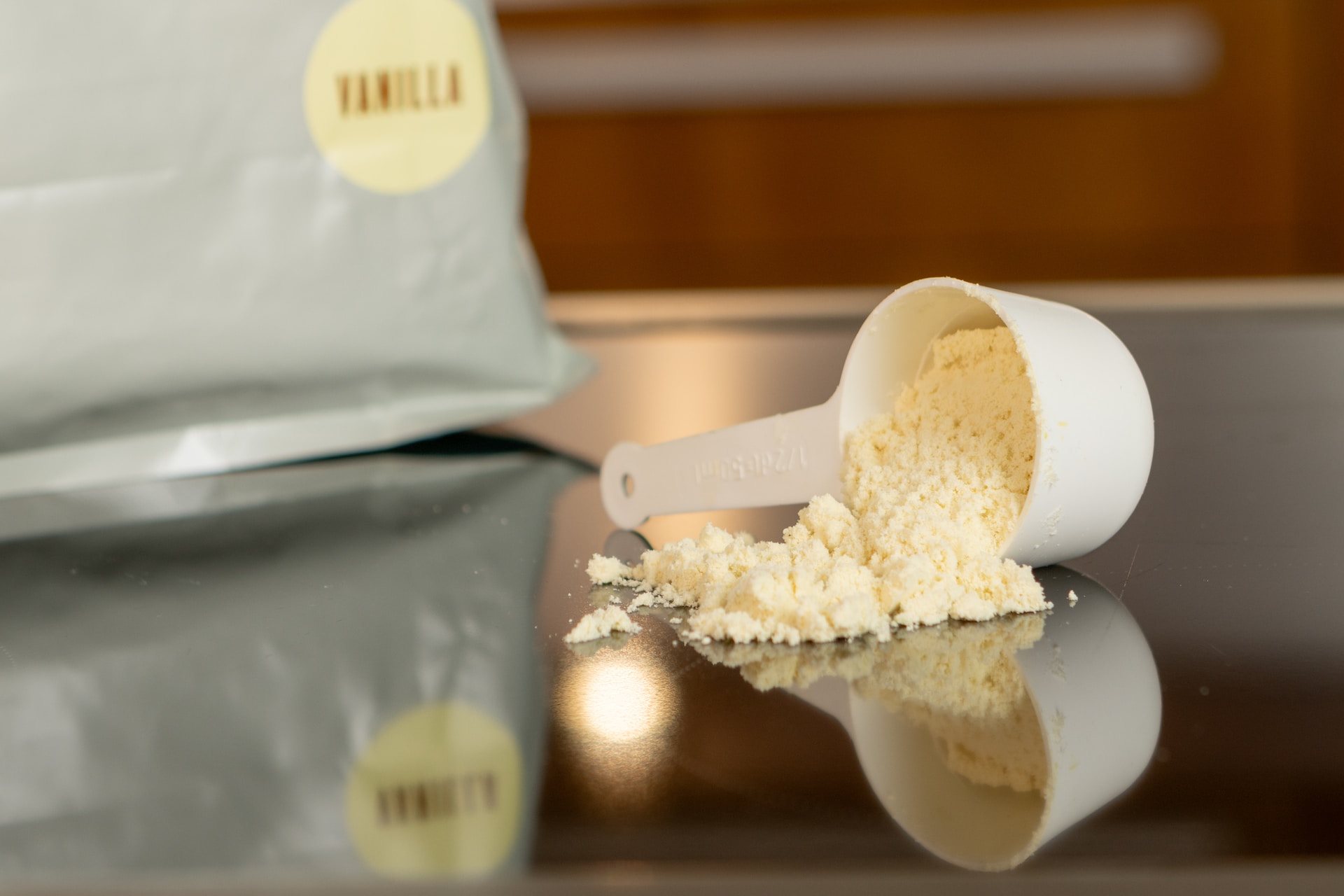In today’s age of social media and instant gratification, it’s not uncommon to stumble upon flashy advertisements for fitness supplements that promise miraculous results. These products often boast impressive before-and-after pictures and claim to be the secret to unlocking your dream physique. With thousands of TikTok views and a constant stream of influencers endorsing them, it’s easy to wonder if supplements are the missing piece in your fitness journey.
In this article, we’ll delve into the world of fitness supplements, exploring their pros and cons, and ultimately help you answer the question: Do you really need supplements to succeed in the gym?
The Supplement Hype
Supplement manufacturers have mastered the art of marketing, flooding the fitness industry with catchy slogans and promises of rapid muscle growth and fat loss. These products often feature eye-catching before-and-after photos and testimonials from seemingly satisfied customers. It’s no wonder they rack up TikTok views and amass legions of followers.

However, it’s crucial to approach these claims with a healthy dose of skepticism. The fitness industry is notorious for promoting quick fixes and miracle products, but the reality of achieving sustainable fitness results is far more nuanced.
Also Read: The Role Of Collagen Powder In Muscle Building And Strength Training.
The Basics of Supplements
Before delving into whether supplements are necessary, it’s essential to understand what they are and their intended purpose. Supplements are dietary additives designed to provide essential nutrients that may be lacking in your regular diet. They come in various forms, including vitamins, minerals, protein powders, pre-workouts, and more.
While some individuals, such as athletes or those with specific dietary restrictions, may genuinely benefit from supplements, the average gym-goer often has less need for them. Here are some common types of supplements and their potential benefits:
1. Protein Supplements
Purpose: To aid in muscle recovery and growth.
Protein supplements, like whey or plant-based protein powders, are often marketed as essential for building muscle. While protein is indeed a vital component of muscle growth, most people can obtain sufficient protein through their regular diet. Supplements may be useful for those who struggle to meet their protein needs, but they are not a magic solution.
2. Pre-Workout Supplements
Purpose: To enhance energy, focus, and performance during workouts.
Pre-workout supplements often contain caffeine, amino acids, and other compounds intended to boost energy levels and mental clarity before hitting the gym. While they can provide a temporary energy boost, excessively relying on them can lead to dependency and a decrease in their effectiveness over time.
3. Multivitamins
Purpose: To fill nutrient gaps in your diet.
Multivitamins aim to provide a broad spectrum of vitamins and minerals to ensure you’re meeting your daily nutritional requirements. However, they are not a substitute for a balanced diet. If your diet is lacking in essential nutrients, it’s better to address these deficiencies through whole foods rather than relying solely on supplements.
The Role of Whole Foods

Now that we’ve touched on the basics of supplements, it’s essential to emphasize the importance of whole foods in your fitness journey. Whole foods are natural, unprocessed foods that offer a wide range of nutrients in their most bioavailable form. They should form the foundation of your diet for several reasons:
1. Nutrient Density
Whole foods, such as fruits, vegetables, lean proteins, and whole grains, are packed with essential vitamins, minerals, fiber, and antioxidants. These nutrients are crucial for overall health and can support your fitness goals by promoting recovery, boosting energy levels, and aiding in muscle repair.
2. Sustainability
Relying on whole foods instead of supplements promotes a sustainable approach to nutrition. Whole foods not only provide essential nutrients but also offer a sense of satiety and pleasure in eating. This can help you maintain a balanced and enjoyable diet over the long term, a key factor in achieving lasting results.
3. Digestibility
Whole foods are typically more easily digested than supplements. Your body is designed to process nutrients from food, making whole foods a natural choice for nourishment. Supplements, on the other hand, may not always be absorbed as effectively.
Also Read: Useful Health Tips to Help You Understand Muscle-Building Products
Supplement Considerations
While whole foods should be the primary focus of your nutrition plan, there are scenarios in which supplements can be beneficial:
1. Dietary Restrictions
If you have specific dietary restrictions, such as being vegan or lactose intolerant, you may struggle to meet certain nutrient requirements without supplementation. In such cases, work with a healthcare professional to determine which supplements are necessary.
2. Athletes and High-Intensity Training
Athletes who engage in intense training may require additional nutrients to support their increased energy expenditure and recovery needs. Again, consulting with a sports nutritionist or healthcare provider can help you make informed supplement choices.
3. Medical Conditions
Certain medical conditions, such as vitamin deficiencies or digestive disorders, may necessitate supplementation. Always consult with a healthcare professional if you suspect you have a specific nutrient deficiency.
The Bottom Line
In the world of fitness and social media, it’s easy to be swayed by the allure of supplements. While they can play a role in achieving your fitness goals, they are by no means a shortcut to success. Whole foods should always form the cornerstone of your nutrition plan, as they provide essential nutrients in their natural and most digestible form.
Before incorporating supplements into your regimen, consider your individual needs, dietary habits, and fitness goals. It’s wise to consult with a healthcare professional or registered dietitian who can provide personalized guidance and ensure you’re making informed choices.
Remember, achieving fitness success is a holistic journey that encompasses not only nutrition but also exercise, sleep, stress management, and consistency. There are no magic pills or powders that can replace the dedication, hard work, and patience required to achieve lasting results in the gym. So, while supplements may have their place, they should complement your diet, not replace it.

